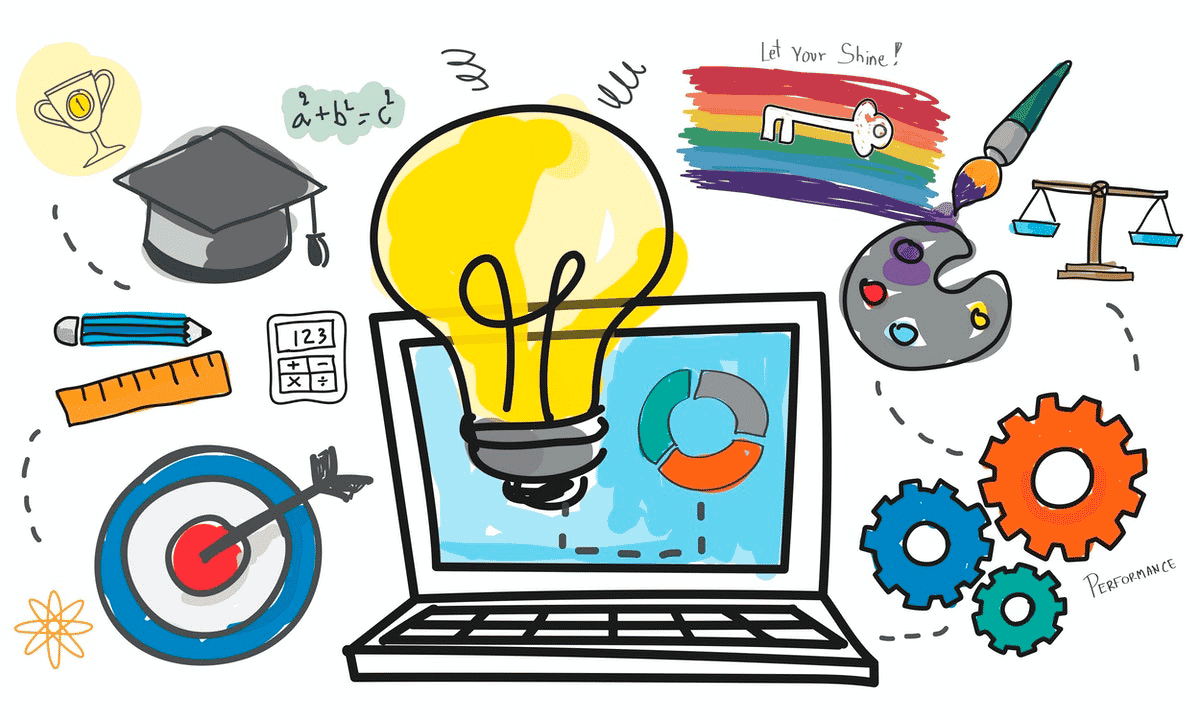
10 Effective Ways to Teach Yourself New Skills and Knowledge
Self-Learning Personal Development Skill Building Lifelong Learning Productivity Learning Techniques Self-Education Growth Mindset
10 Effective Ways to Teach Yourself New Skills and Knowledge
In an ever-evolving world, the ability to learn new things on your own is an essential skill. Whether you want to switch careers, acquire a new hobby, or simply satisfy your curiosity, self-learning can open up countless opportunities. But where do you start? In this post, we’ll explore ten effective strategies to teach yourself new skills and knowledge, helping you become a lifelong learner and achieve your personal and professional goals.
1. Set Clear Goals and Objectives
Before diving into a new subject, it’s important to set clear goals. Define what you want to learn and why it matters to you. Having specific, measurable objectives will keep you focused and motivated. For example, instead of saying “I want to learn programming,” set a goal like “I want to build a simple web app in three months.”
2. Break Down the Learning Process
Learning something new can feel overwhelming, especially if the subject is complex. Break down the topic into smaller, manageable chunks. Focus on mastering one concept at a time before moving on to the next. This approach, known as "microlearning," makes it easier to track your progress and prevents burnout.
3. Utilize Online Resources
The internet is a treasure trove of educational content. Platforms like Coursera, Udemy, and Khan Academy offer courses on virtually any topic you can think of. YouTube is another excellent resource for tutorials and demonstrations. Take advantage of these free and paid resources to learn from experts in your chosen field.
4. Practice Active Learning
Active learning involves engaging with the material rather than passively reading or watching. Take notes, ask questions, and summarize what you’ve learned in your own words. This helps reinforce the information and makes it easier to recall later. Additionally, teaching someone else what you’ve learned is a powerful way to solidify your understanding.
5. Create a Structured Learning Schedule
Consistency is key when it comes to self-learning. Set aside dedicated time each day or week to focus on your studies. Creating a structured learning schedule helps build a routine and ensures that you’re making steady progress toward your goals. Even 30 minutes a day can add up to significant progress over time.
6. Join Online Communities and Forums
Learning doesn’t have to be a solitary endeavor. Join online communities, forums, or social media groups related to your area of interest. Engaging with others who share your passion can provide valuable insights, support, and motivation. Platforms like Reddit, Stack Overflow, and specialized Facebook groups are great places to connect with like-minded learners.
7. Embrace the Power of Books
Books remain one of the most effective ways to gain deep knowledge on a subject. Choose a mix of beginner-friendly guides and more advanced texts to build a solid foundation. Audiobooks are also a great way to learn on the go, whether you’re commuting, exercising, or doing household chores.
8. Apply What You’ve Learned
The best way to retain new information is to put it into practice. Apply what you’ve learned in real-world scenarios or personal projects. For example, if you’re learning a new language, practice speaking with native speakers or write short essays. If you’re studying coding, build a small project or contribute to open-source software.
9. Be Patient and Persistent
Learning something new takes time, and it’s natural to encounter challenges along the way. Don’t be discouraged by setbacks or slow progress. Keep a positive mindset, and remind yourself why you started this journey in the first place. Patience and persistence are key to overcoming obstacles and achieving mastery.
10. Reflect and Adjust Your Approach
Regularly assess your learning process and progress. Are you moving toward your goals? Are there areas where you’re struggling? Reflecting on your experiences allows you to identify what’s working and what needs improvement. Be willing to adjust your learning strategies and experiment with different methods to find what suits you best.
Conclusion
Teaching yourself new skills and knowledge is a rewarding journey that opens up endless possibilities. By setting clear goals, utilizing diverse resources, and staying consistent, you can master any subject that piques your interest. Remember, the key to successful self-learning is not just in consuming information but in actively engaging with it, applying it, and continuously refining your approach. Embrace the learning process, and you’ll be surprised at how much you can achieve!
Thank you for reading, and stay tuned for more insights and tips as we continue our tech journey together!